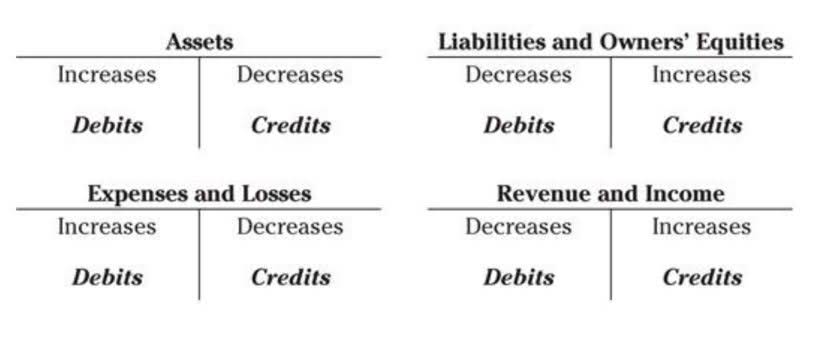Bookkeeping 101: A Comprehensive Guide for the Self-Employed File & Pay Your Taxes in Minutes!

In the double-entry system, every financial transaction has equal and opposite effects in at least two different accounts. Here are the bookkeeping basic tips every business owner and freelancer must know. If you’re a sole proprietor who sells services, here are the requirements accounting for sole trader you need. It is vital to know where your money goes and how it’s spent, no matter how big or small your business is. Knowing where your money goes will help you create effective business decisions. It will also save you from forgetting your tax dues and getting penalties.
- In Alabama, on the other hand, businesses are not required to purchase workers’ compensation insurance if they have fewer than five employees.
- Then, add the income or losses your business incurred to the other income you record.
- Whatever the situation is, sole proprietorship has many advantages.
- Cloud bookkeeping software offerings are designed to simplify financial management for freelancers and small business owners.
- If you paid cash or used a personal card, then add those transactions manually.
- On the other hand, a loss is a difference between expenses and your income.
You will want to set up a separate bank account and open a business credit card to use only for business expenses. Doing so will make it much easier for you to track your expenses and income, which will simplify your taxes at https://www.bookstime.com/ the end of the year. It’s not a requirement that you open a business banking account if you are a sole proprietor, but it can be highly beneficial. Having a business bank account helps keep your business finances organized.
Choose the right accounting firm for you
When you are self-employed and working to make money, you are in business – try to familiarize yourself in saying that rather than just “I work for myself” or “I freelance”. Read more about Bookkeeping topics that may be helpful to you and your small business. Invoice from your Xero or QBO account to better track your receivables.

Your personal assets however are not protected from lawsuits arising from your work or outstanding debts. Also, because your profit goes on your personal tax return you will probably pay a higher tax rate than with a legal business which receives lower tax rates or special deductions. Once your balance sheet tracks profits made and reported losses, you can easily reconcile all your transactions. This will ensure that all your financial records are accurate and up to date, helping you make smart business decisions and avoid any financial mistakes or errors. In addition to setting up your bookkeeping system, it is important to consider how you will invoice and collect payment from your customers.
Choosing the Right Bookkeeping Software
In contrast, a partnership involves two or more individuals who share liability and profits according to a partnership agreement. Unlike sole proprietorships or partnerships, a corporation is a separate legal entity that shields its owners from personal liability, and ownership is expressed via shares. Bookkeeping is the systematic recording of a company’s financial transactions. For a sole proprietorship, where business and personal financials can often intertwine, maintaining clear records is crucial for financial clarity and legal compliance.

